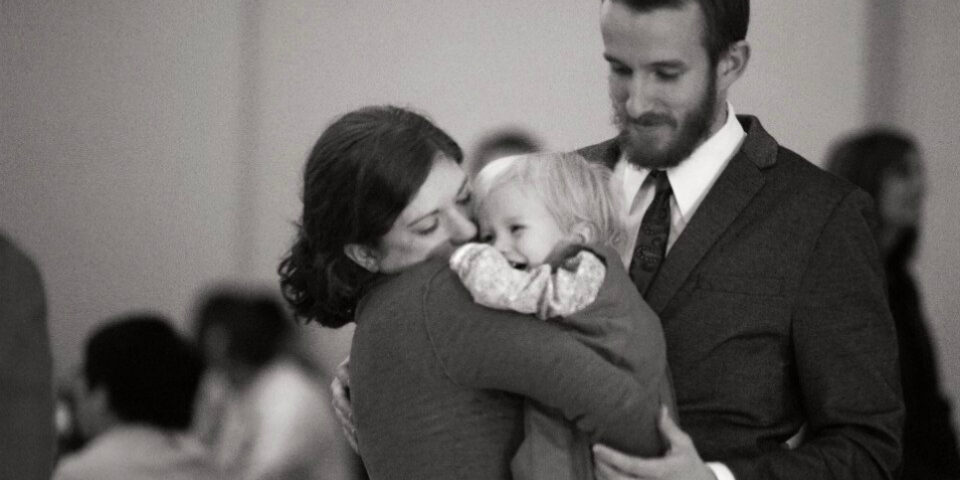I have been a life-long member of the LDS Church. I was raised in South Carolina, way out afar in the mission field and far from Utah Mormon culture. Although I was not particularly set on attending BYU like some of my siblings, I nonetheless embraced the opportunity and received not only a top-notch education that prepared me to pursue a graduate degree but a memorable four years and a top-notch husband to boot. We were married, shortly after I decided not to serve a mission, in the Salt Lake temple on a rainy September day. Together, we have brought two little humans to this earth and we could not be more content with our life. We both are BYU graduates, and were faithful, active members of the Church until about two years ago. One of our main reasons for taking a step back from Mormonism was our growing discontent with what we saw were fundamental gender inequalities in the Church.
I am a supporter of Ordain Women not simply because of a whim or even a personal preference. What I see, however, is the need for women to be equally responsible, equally accountable, and equally visible within the church institution because when they are not, the Church cannot possibly reach its full potential. When half of its membership is not allowed or even simply willing to be sitting at the decision-making table, we as a people are discarding the potential innovations, guidance, and skill-set of millions of people.
As others have remarked in their OW profiles, it is crucial that women are represented in decision-making bodies within the Church. For one, some would argue women have more intimate knowledge of the needs of women and children and thus will bring a unique perspective to the conversation. On the other hand, some would simply say this just makes sense to allow all to participate for fairness’ sake. Whatever the reason, women need to have more opportunities to participate in the LDS Church, and ordination is a key part of many of these opportunities. We need women to be side-by-side with men making the important decisions. I have had friends remark that in their ward women were allowed to attend important meetings and provide insight into decisions. But it’s not enough to simply have a token woman in a PEC meeting. A study by Professor Christopher Karpowitz in the BYU Political Science department back in 2012 revealed an important finding: not only is it important to have women in decision-making groups, it is important that women are present in equal numbers as men. When women are in the minority, or especially when they are the lone woman among many men, they are far more likely to remain silent, to be interrupted, and to not strongly advocate for their policy preferences.
You may say that a political body is far different from a church meeting, but the gender dynamics are the same. We do not simply need one token woman to represent the needs of a diverse group of other women; we need women to have the opportunity to not only be present, but be entitled to the same privilege as men in these decision-making bodies, and especially to not feel they are “encroaching” on the men’s territory should they choose to be vocal in their opinions.
I believe we need the ordination of women for these reasons and every other reason enunciated by others through their profiles. I believe women should be ordained.








